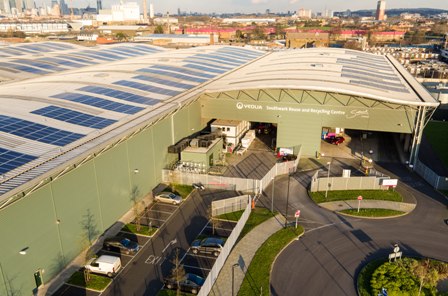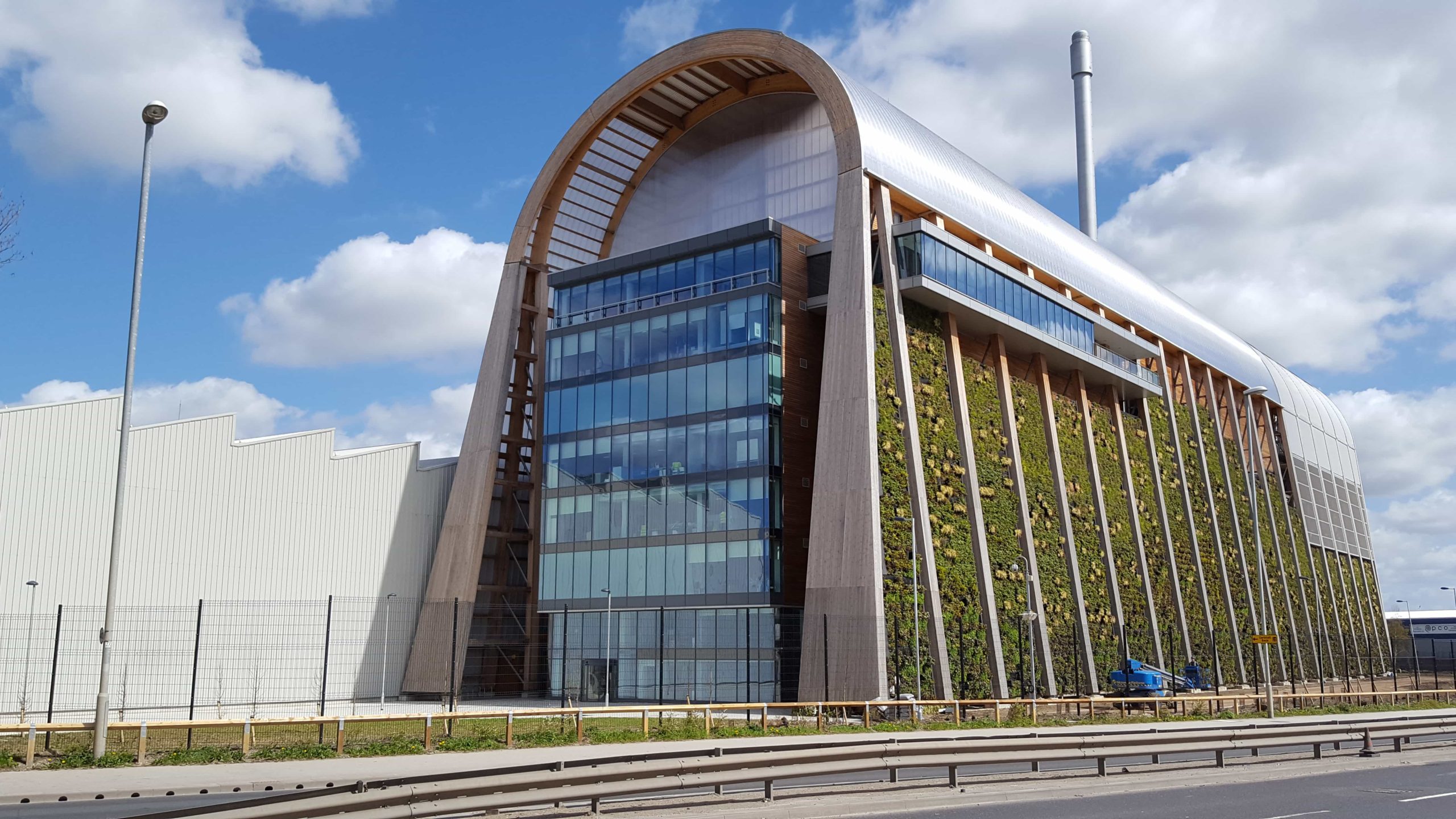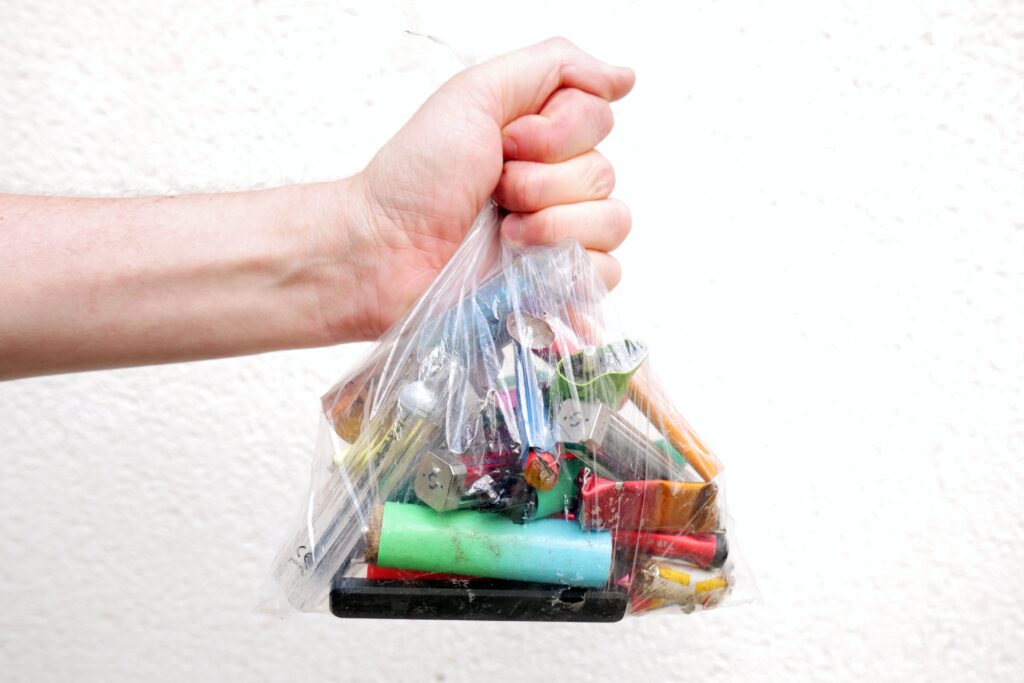And, Veolia chairman Antoine Frerot has told an audience in the UK that the world is facing a “bottleneck of dwindling resources”.

The strong UK showing in the results, include a revenue increase of +5.1% compared to 2016, given “continued strong PFI performance, good commercial momentum and higher recycled material prices “. The UK’s performance by the company was higher than Veolia’s showing in France where waste revenues were down 1.6%.
The UK revenue increase meant the UK division of Veolia had revenues of 1,497.7 million Euros in the nine months. Expanding further on this, Veolia put this down to the “good waste performance driven by the contribution of integrated contracts, the favorable impact of recyclate prices (paper and ferrous and non-ferrous scrap metals) and contract wins (St Albans, Southend on Sea, Army 2020).”
The company has a range of PFI contracts in the UK including for Staffordshire, Nottinghamshire, Leeds, East Sussex, Shropshire and Southwark.
Paper
Specifically highlighting the importance of its European income from paper for recycling, Veolia said that “in Germany the business increased 4.9% due to good commercial performance in waste and higher paper prices”.
Alongside the nine-month results, the company also noted its development of a “global industrial plastic recycling platform with a European presence in France, the United Kingdom, Germany, Benelux and Scandinavian countries, as well as an Asian presence in South Korea and Japan.”
Commenting on the figures, Mr Frérot, Veolia Environnement’s chairman and CEO, said: “Veolia’s 9-month results are satisfying, and support our strategy of growth and efficiency. The solid development of our revenue is confirmed, as announced at the beginning of the year. Good commercial momentum and revitalized attractiveness of our offerings resulted in new contract awards across all our businesses and geographies.”

Veolia Group reported consolidated revenue increasing “by 3.7% (+4.4% at constant exchange rates) from represented €17,569 million for the nine months ended September 30, 2016 to €18,221 million for the nine months ended September 30, 2017”.
Bottleneck
Last week at the Veolia Institute’s annual international conference held in Oxford, Mr Frerot told delegates: “With population growth and rising living standards, humankind is facing a bottleneck of dwindling resources and growing needs. The climate crisis has become a reality with heat waves and unprecedentedly violent hurricanes. The Earth can only partly clean up the CO2, it is up to us to do the rest.”
Mr Frérot added: “To meet the two challenges of overconsumption of natural resources and reducing greenhouse gas emissions, we must move from the linear “Extract – Manufacturing – Discard” model to the circular economy that allows resources to be used in an endless cycle.”
He told his audience that by giving back value to what no longer had any, the circular economy makes available what was rare: obsolete electronic equipment becomes precious metal, wastewater becomes bioplastic, organic waste becomes fertilizer, used food oils become biofuels.
“The development of the circular economy will make it possible to produce new raw materials from waste”
Antoine Frerot, chairman
Veolia
“Currently, 75% of urban waste and 95% of wastewater is not recycled or reused. The development of the circular economy will make it possible to produce new raw materials from waste while reducing greenhouse gas emissions.”
Low carbon
“The low-carbon society is not utopian. We can’t control the climate, but we can decarbonise growth and produce differently. By taking inspiration from nature in which everything is a resource, we can make the economy circular, and therefore more frugal and more efficient, by extending the cycle of raw materials, water and energy,” stated Mr Frérot.
“If we want to stabilize rising temperatures to 2 °C and protect nature, we must make a triple effort: decarbonise, dematerialize, and dehydrate the economy. Biologist Jean Rostand said: “Humankind has become too powerful to allow itself to play with the environment. Its excessive force condemns it to virtue”. In the face of resource scarcity and climate degradation, solutions exist or will be invented provided that we persevere along the paths of friendship with the environment and a low-carbon world,” he concluded.












Subscribe for free